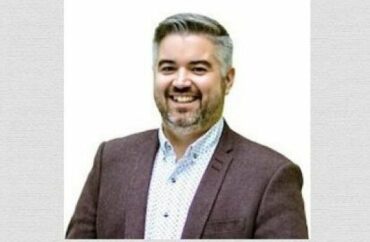
What could go wrong?
A visiting McGill University scholar wants an “Interpol-like agency” to monitor the internet and the licensing of journalists by the government — all in the name of combating “misinformation.”
According to True North, during a recent lecture Raphaël Melançon said Canada’s Bill C-18, aka the “Online News Act,” can only have a “limited impact” on mis/disinformation.
“There is what we can do in Canada in our jurisdiction but there’s also the fact that you have lies coming from abroad and our laws do not apply to what happens outside of our borders,” Melançon (pictured) said. “Liberal democracies [need] to ensure the same regulations are applied elsewhere.”
Melançon, a consultant and journalist who’s worked for the Quebec and Canadian federal government, said countries can create an intergovernmental agency whose job would be to make sure information on the “internet and social media is correct.”
Melançon also recommended the “professionalization” of journalism by requiring licenses for those in the profession.
“At the moment in Canada anyone can pretend to be a journalist,” he said. “To this day members of the press have no obligation whatsoever regarding what they write or say in media.”
MORE: ‘Disinformation’ expert professor: U.S. needs ‘common sense’ speech restrictions
[Melançon ] went on to say that specific outlets should be barred from newsgathering at government events.
“That to me is a problem. Should so-called journalists from partisan media such as the far-right Rebel News or the Falon Gong-controlled Epoch Times be allowed to cover government PR press conferences or should they rather be considered as activist organizations and treated like so?” he said.
Melançon said that a proposed system of journalist licensing should take into account academic background and also “past actions.”
“If you propagate fake news, you’re out,” said Melançon.
According to the event description, the talk zeroed in on “how the advent of the Internet and social media has, in the past two decades, contributed to amplifying social tensions, polarizing public opinion, and radicalizing political discourse in Canada,” and how events like COVID, BLM, and Freedom Convoy protests “played an active role in the growing popularity of far-right (‘alt-right’) and far-left (‘woke’) movements.”
MORE: DOJ funds $953K university project on ‘dis/misinformation campaigns’
IMAGE: McGill University




Please join the conversation about our stories on Facebook, Twitter, Instagram, Reddit, MeWe, Rumble, Gab, Minds and Gettr.